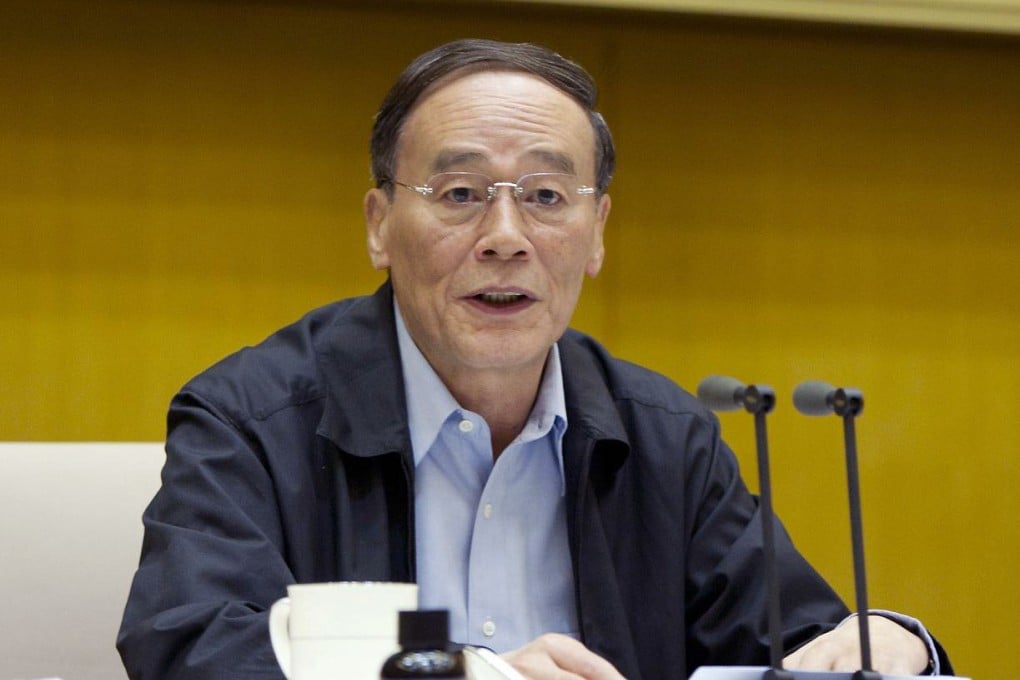Communist Party seeks to reform its 'shuanggui' anti-corruption investigations
The interrogation and detention system currently used to investigate allegations of corruption among officials is set for revision, law professor says

The Communist Party is considering scaling down the system of secret interrogations and detentions it uses to root out corruption in its ranks.
The nation’s top prosecutions body invited several anti-corruption experts to give advice on reform of the shuanggui interrogation system on the same day the party’s top leaders finished their third plenum meeting that mapped out a series of political and economic reforms.
Jiang Mingan, a law professor at Peking University who was invited to the meeting, said the authorities have formed a consensus to strengthen prosecutors’ roles in investigating allegations of corruption by party members.
Officials accused of graft are traditionally dealt with by the party’s Central Commission for Discipline Inspection (CCDI) and kept incommunicado for interrogation before being handed over to police and prosecutors. The prosecutors only assist the investigations and pursue charges against the suspects.
It was only after the graft watchdog found enough evidence and believe they are amounted to criminal charges that the case would be past to prosecutors.

It is also outside the mainland’s legal constitution and it is rare for investigators to be charged over inappropriate behaviour on the job.